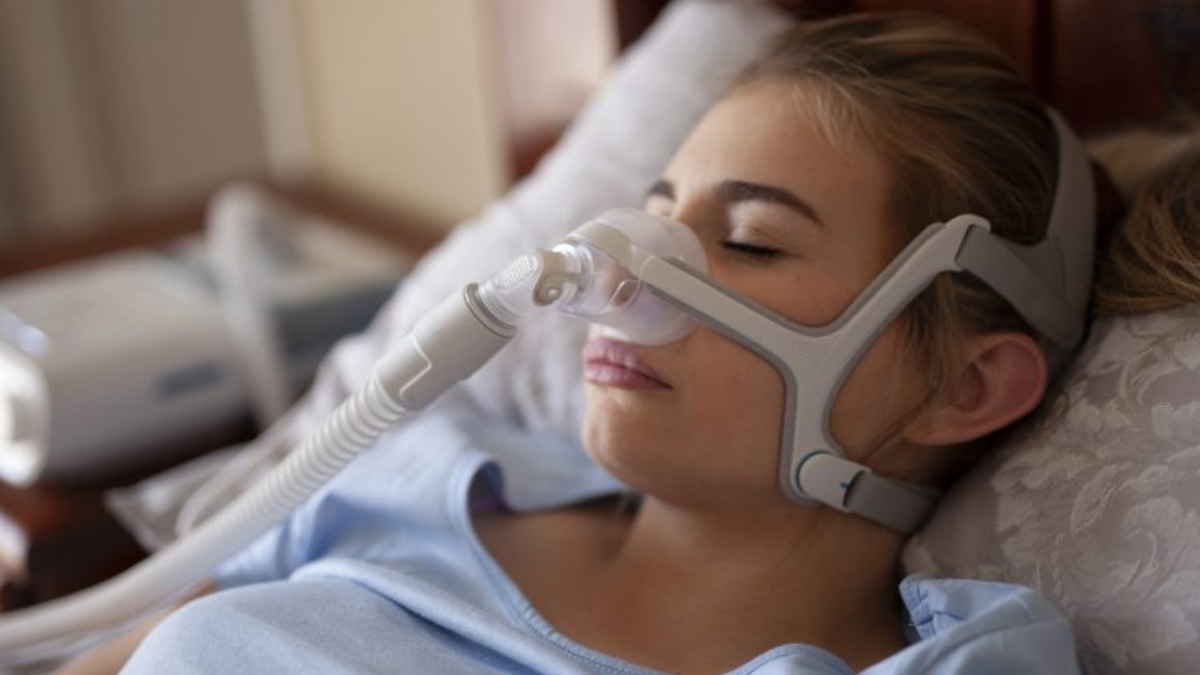The 76th Annual Meeting of the American Academy of Neurology in April this year will feature a preliminary study that suggests those with sleep apnea may be more susceptible to memory or cognitive issues. The talk will take place online and in person in Denver from April 13–18, 2024. The study discovered a positive correlation but did not establish a causal link between sleep apnea and cognitive decline.
People who have sleep apnea experience frequent stops and starts in their breathing, which can reduce blood oxygen levels. Breathing pauses, gasping, and snorting are among the symptoms. In addition to headaches in the morning, people with the disease may find it difficult to concentrate on work.
“There are treatments available for sleep apnea, a common disorder that is often underdiagnosed,” stated Dominique Low, MD, MPH, a member of the American Academy of Neurology and the study’s author, of Boston Medical Center in Massachusetts. “Our study found participants who had sleep apnea symptoms had greater odds of having memory or thinking problems.”
There were 4,257 participants in the study. A questionnaire about sleep quality, memory, and thinking issues was filled out by the participants. Participants’ experiences with snorting, gasping, or breathing pauses during sleep were inquired about. Participants were asked questions about memory and thinking, including issues with concentration, memory loss, moments of bewilderment, and trouble making decisions.










